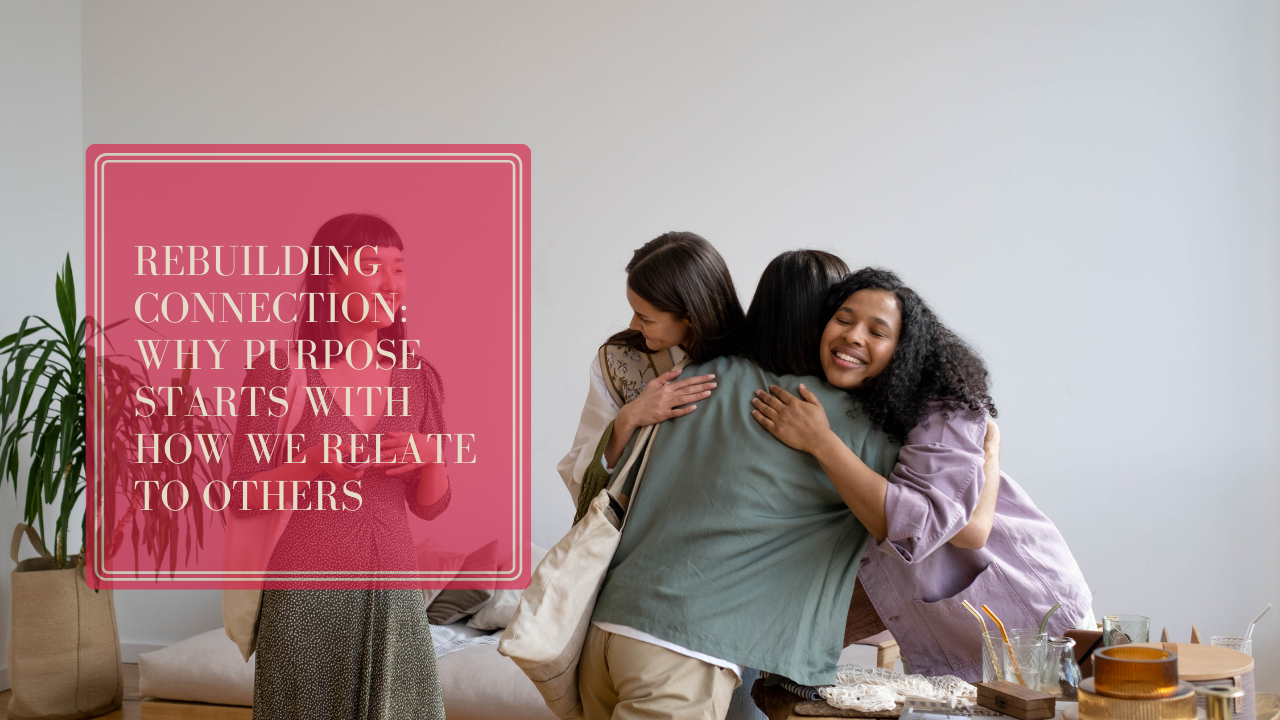Rebuilding Connection: Why Purpose Starts With How We Relate to Others
Rebuilding Connection: Why Purpose Starts With How We Relate to Others
As healthcare professionals, we’re trained to treat the patient in front of us. We learn to recognize symptoms, diagnose quickly, and act with precision. But what we aren’t taught is how to stay connected to ourselves and the people closest to us while carrying that weight.
For a long time, I thought I had to keep my personal and professional life separate. Trauma surgeon at work. Spouse, parent, friend outside of it. But that kind of compartmentalization? It slowly eroded the quality of my relationships—and my sense of purpose.
What I’ve learned (and what I teach now inside the Soul Fulfillment Plan) is this:
Purpose doesn’t just live in your job. It lives in your presence.
And when you’re constantly exhausted, reactive, or emotionally unavailable, that presence is the first thing to go.
I remember coming home after long shifts, giving my partner half-answers and short fuses. I’d say, "I’m just tired," when what I really meant was, I’m disconnected. I don’t have the tools to regulate what I’m carrying.
That’s where trauma-informed connection changed everything.
We often think being "strong" means showing up stoically. But the strongest thing I ever did was admit that I needed to change the way I related—to myself and others. That meant:
Learning to pause before reacting
Listening more and fixing less
Giving myself permission to feel without guilt
In my programs we guide you through:
Emotional regulation that helps you respond instead of react
Conscious communication rooted in compassion (not survival mode)
Attachment repair that builds trust, safety, and mutual understanding
Because let’s be honest: if your relationships are suffering, it’s a sign your purpose is out of alignment.
You don’t have to choose between being a good doctor and a present partner, parent, or friend. You can be both. But it starts with learning how to reconnect from the inside out.v


